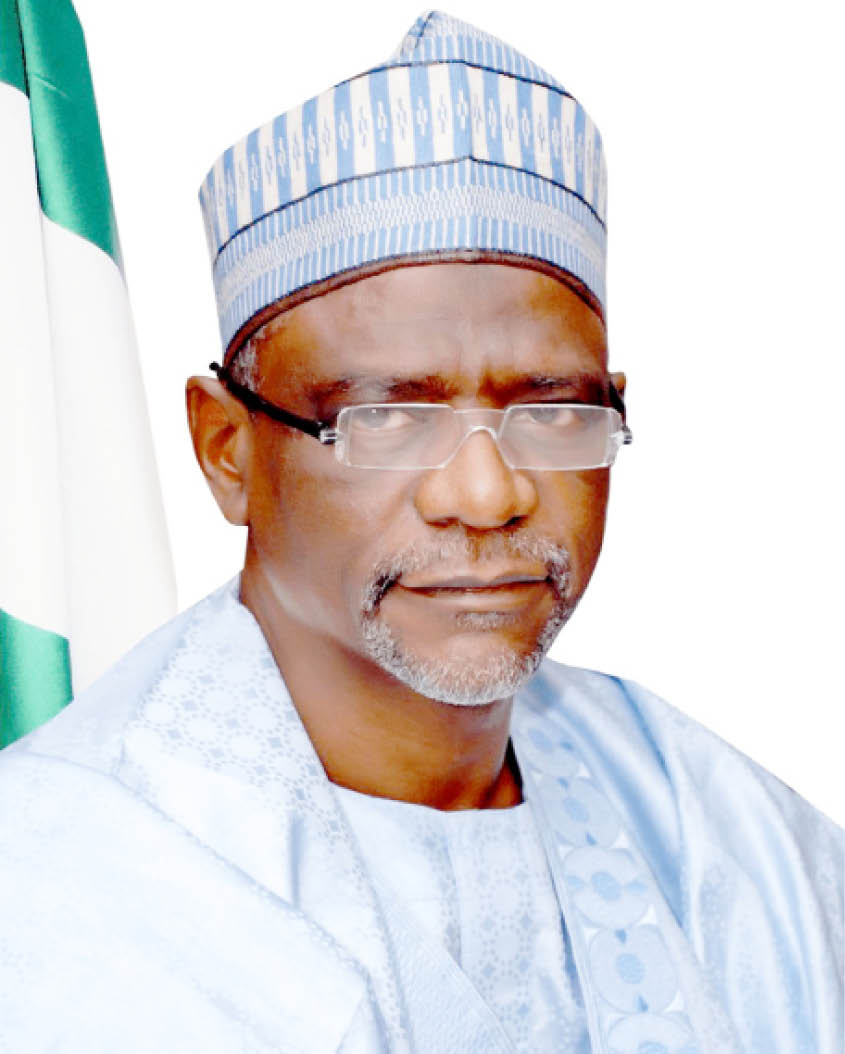On ‘free education’ for teachers’ kids
In furtherance of a renewed drive for the revitalization of the teaching profession in the country, Nigeria’s Minister of Education, Malam Adamu Adamu, recently announced a fresh incentive for teachers. The policy provides for “free education for four biological children of staff in unity colleges nationwide”. This, he said, is with effect from the 2023/2024 […]

Minister of Education Adamu Adamu
In furtherance of a renewed drive for the revitalization of the teaching profession in the country, Nigeria’s Minister of Education, Malam Adamu Adamu, recently announced a fresh incentive for teachers. The policy provides for “free education for four biological children of staff in unity colleges nationwide”. This, he said, is with effect from the 2023/2024 academic session; adding that relevant departments are already working on modalities for inclusion in the 2023 budget. This was contained in a ministerial press briefing by the minister on “Reforms in the education sector in Nigeria” which was held on August 18, 2022 at the State House in Abuja.
During the briefing session, the minister took time to update Nigerians on the policy document approved by President Muhammadu Buhari in October 2020 for the repositioning of the teaching profession at the basic and secondary levels; noting that the policy that sought to elongate teachers’ years of service from 35 to 40 years and retirement age from 60 to 65 is now an Act of the National Assembly. He also hinted that provision was made in the 2022 budget for the payment of bursary allowances to deserving students in education courses across universities as contained in the October 2020 package of incentives announced for teachers by the government.
Daily Trust supports any measures by federal and state governments designed to advance the teaching profession and upgrade the quality of education at all levels in the country. However, we find this policy superficial at best and confusing indeed.
First, as a general rule, no tuition is paid for secondary education in Nigerian public schools. Students and parents only pay for boarding house expenses and other incidentals. So, it is not clear which costs this “free education” for teachers’ kids policy will cover. As no details were given by the minister, it is not also clear whether the policy only had children of teachers serving in unity colleges in mind or if it extends to teachers’ children studying in unity colleges but whose parents are teachers in other than unity colleges. If it is meant for the former category of children, then the policy would, most likely, ignite agitations among teachers in the service of state governments as that has always been the case each time the federal government announced a motivation package for workers. Also, it made no difference whether it was through a policy statement or by an Act of the law. In any case, the federal government cannot legislate for states on issues such as this. It is also not clear whether the policy includes non-teaching and support staff in the unity colleges other than teachers.
Given the problems which the pronouncement of increased wages and allowances for workers created in the past, especially for teachers in the employment of state governments including those serving under State Universal Basic Education Boards (SUBEBs), the “free education for four biological children of staff in unity colleges” would only create new problems rather than resolve any; exposing the already bastardized basic education system to a ruinous climate of industrial disharmony.
Government, for sure, had good intentions behind its reform packages for teachers. The political will of government to actualize every bit of its strategic plan for the sector is also not in doubt. The greatest constraint, which had consistently stood on its way to accomplishing its deliberate policies for the revitalization of the teaching profession, including teachers’ welfare, is its limited resources that, in recent years, have been on the decline. The fact that aspects of the set of incentives publicized to teachers since October 2020 on the occasion of the 2020 World Teachers’ Day (WTD) are only now being proposed for inclusion in the 2023 appropriation bill lends credence to the insinuation that the federal government is making promises greater than its revenue earnings can accommodate.
We believe that there are greater chances for the policy to succeed if it is made to universally apply to all teachers in public primary and secondary schools, including teachers in state and local government schools; otherwise, it could become a recipe for the migration of teachers from other secondary schools to federal unity colleges. Any policy designed to motivate teachers on their job must not be selective.
More importantly, we believe that in order to address this exclusion and for other arguments against yet-to-be defined details of the policy, we call on government to, in place of the “free education” for teacher’s children, pay teachers better wages by implementing the long-awaited Teachers Salary Scale (TSS). Better wages will empower teachers to train their children in schools of their choice and as many as their pay can afford. Full implementation of the TSS will also capture every teacher including those teaching in schools other than unity colleges. It is never too late to do the right thing.
